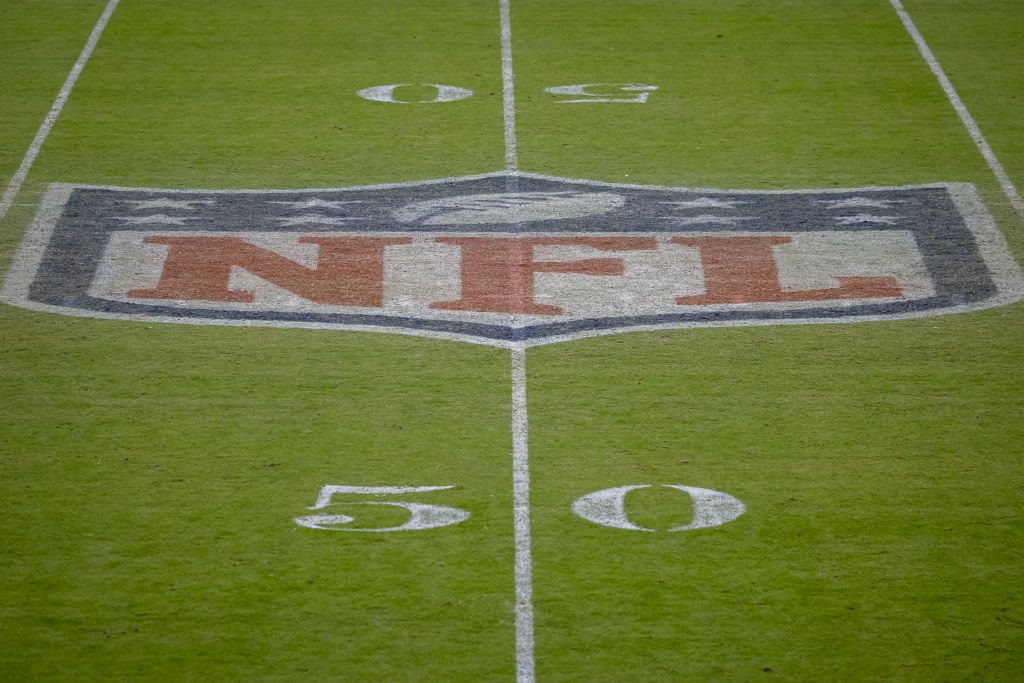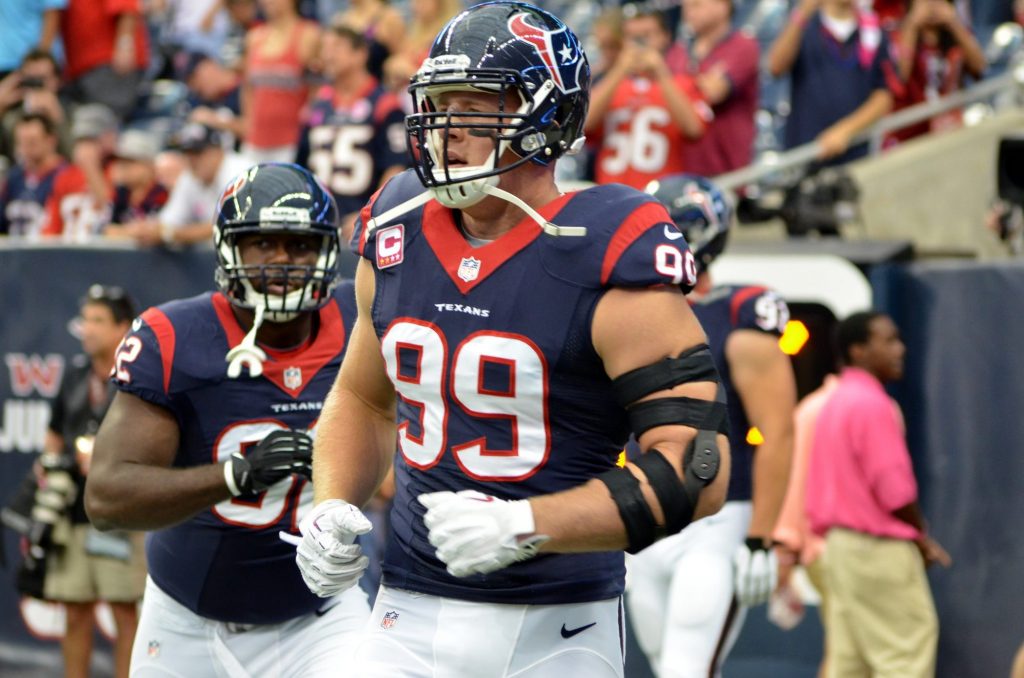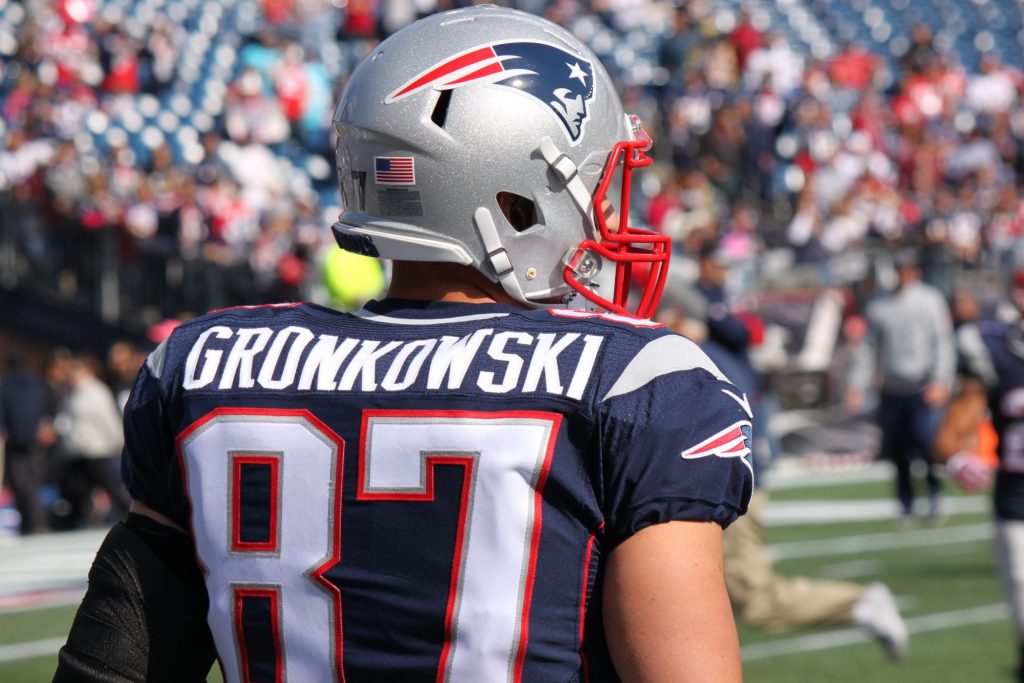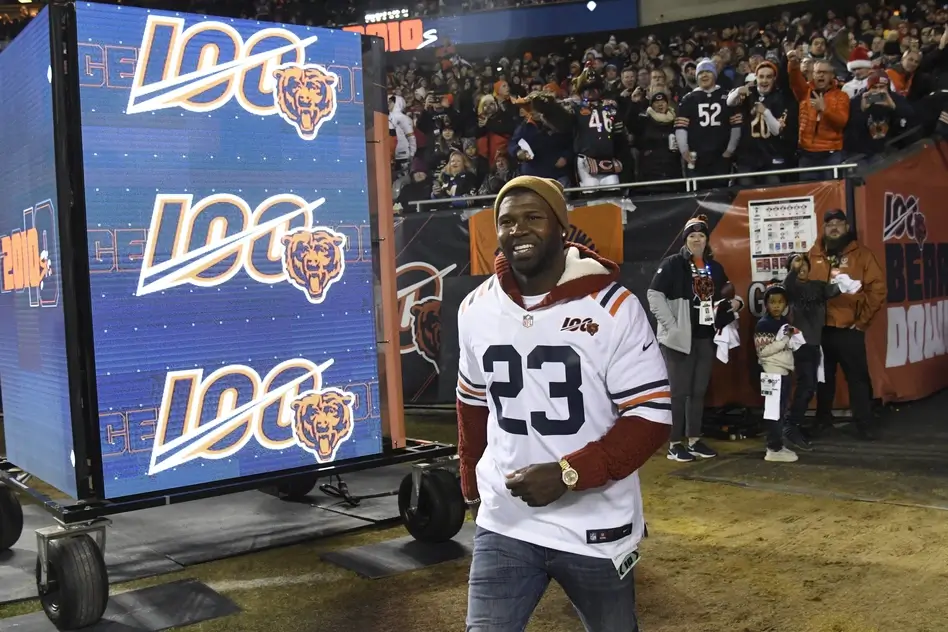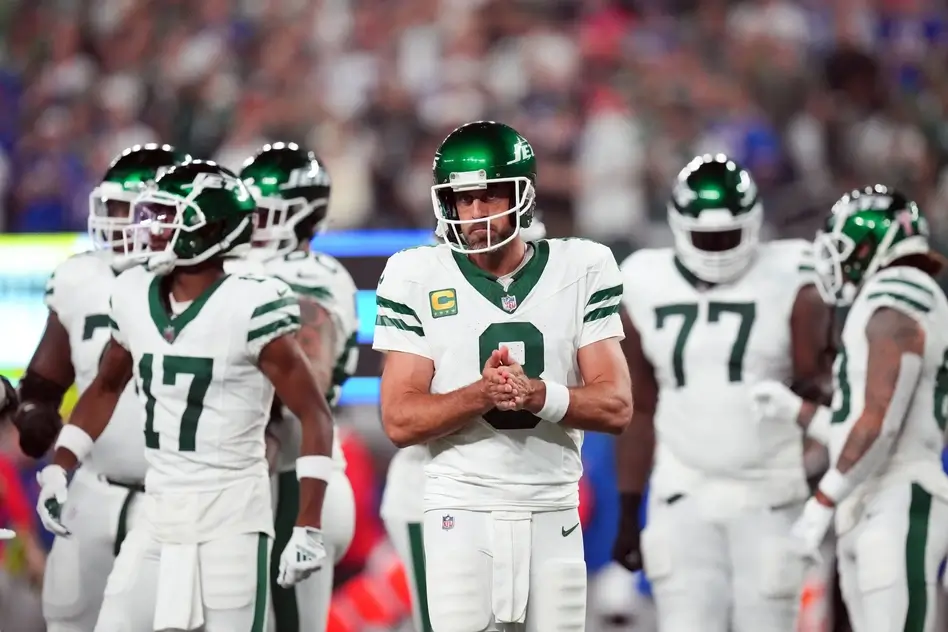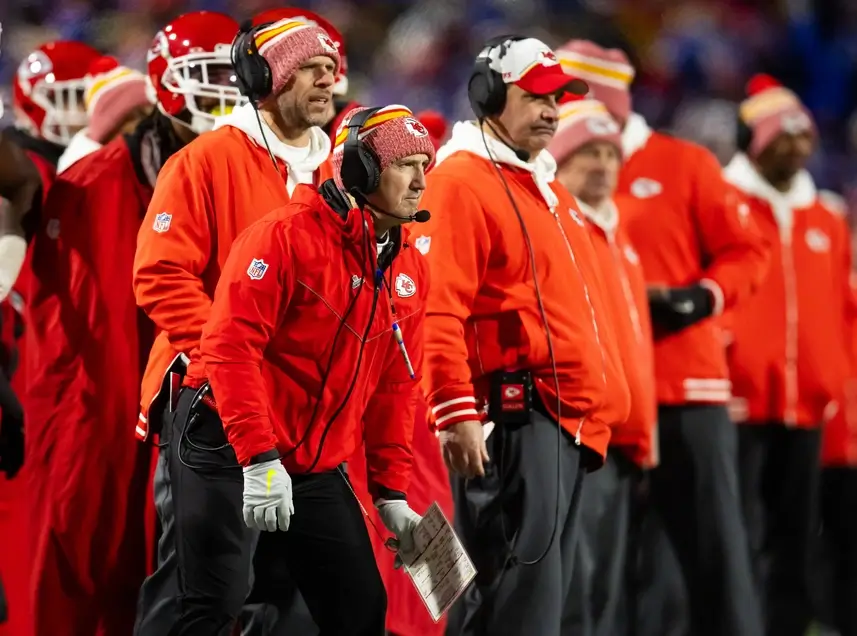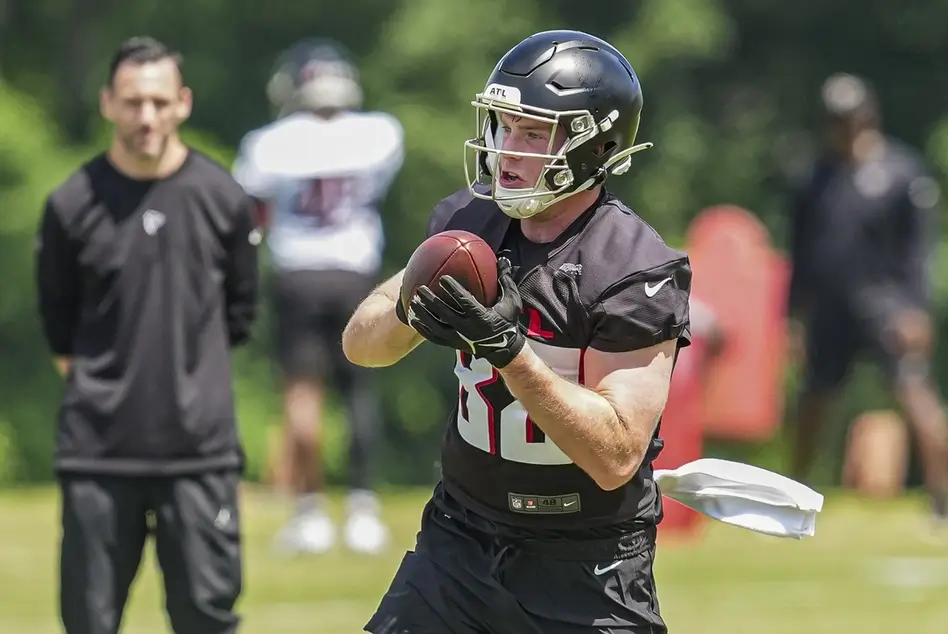For the casual fan, it often sounds like monetary figures thrown around in NFL contracts are tantamount to Monopoly money. What does it really matter is player X gets a 5 year deal for $27 million? It feels like NFL teams can get rid of whomever they want, whenever they want. While that perception might have some merit, they can’t do it without consequence. Dead money in the NFL is used to describe funds that count against a team’s salary cap attributed to players who were traded or released from the roster.
This means that some of the worst contracts in the NFL could be for players that teams decided to move on from earlier than expected.
NFL dead money explained
The concept of dead money is another reason why it’s not ideal for one person to occupy both the head coach and general manager roles of a franchise.
An evaluator on the field might think that a player’s skills have eroded much faster than initially thought, but someone in the front office might realize that the player’s dead money figure might handicap the team for years to come. This consideration adds another level of complexity and appreciation to NFL front office duties. They have to combine on field production with accounting considerations.
Let’s take a closer look at an often overlooked part of an NFL team’s financial flexibility.
How does dead money work in the NFL?
While the calculation of dead money can get a little involved, it is probably easiest to conceptualize with a basic example. Let’s say the New York Jets offer a free agent wide receiver a three year deal, with $12 million in guarantees.
For the sake of argument, let’s also say that the guaranteed money is broken up into $4 million increments each season. After the first year of the contract, it turns out the wide receiver has dropped more passes than the team expected, and is just not on the same page with the starting quarterback.
However, the pass catcher is still owed $8 million guaranteed on his contract, at minimum, over the final two years.
If the Jets decide to cut him after the first season, they’ll still have to pay him the $8 million upon release. But what happens to their salary cap in the next two seasons? They technically only had him on the count against their cap for the one season they had him on the roster, right?
That’s where dead money comes in. It serves as a checks and balances to ensure that teams still have to deal with the ramifications of what the cap obligations would have been even if they move on from a player. So let’s say the Jets actually do cut wide receiver X after his first disappointing season.
There will still be money attributed to New York’s salary cap in the next two years, even though the player is no longer with the team. That money is subtracted from whatever the salary cap figure is, so it can have an effect on how much money they have to sign players in the next two years.
How can teams avoid dead money
Having that albatross of a figure sitting on a salary cap can make it difficult to manoeuvre in the way a front office would like. As it stands right now though, every single team in the NFL has at least some dead money sitting on their salary cap.
The Indianapolis Colts currently have the least dead money at $255,139. The Detroit Lions have the most dead cap money at the moment, with nearly $42 million. It’s an issue and a hindrance for every team, but some franchises manage it better than others.
One of the best ways to avoid having dead money on the salary cap is not to allocate too much guaranteed money in future seasons. Frontloading contracts by giving the player their guaranteed money in the first or second season of a contract can make it easier for teams to cut their losses in the future years if he is not performing up to standards.
It can be a little counterintuitive to do this though. NFL teams, much like any business, want to give their employees motivation to continue to work hard for many years.
By giving a player so much up front, there’s also risk of the player’s effort level being reduced in future seasons. However, negotiating deals this way does help alleviate the dead money issue, which allows for future roster flexibility.
Read more articles explaining the NFL here.


